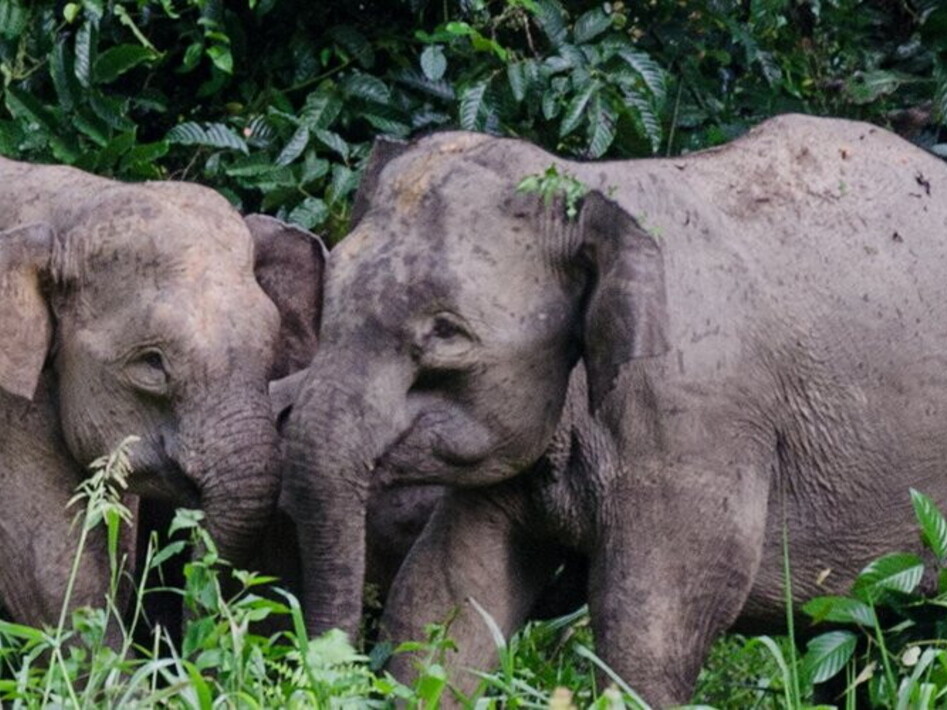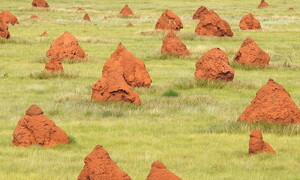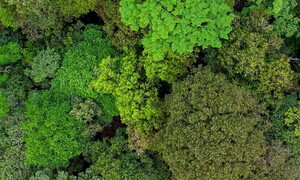A small giant in danger
08 July 2024

The world's smallest elephant, the Borneo elephant, is unfortunately at critical risk of extinction. It is estimated that only about 1,000 individuals remain in the wild, threatened by a number of factors. Deforestation for agriculture - particularly oil palm plantations - and mining fragment and destroy the elephants' natural habitat. Although it is illegal, elephants are still hunted for their ivory tusks, which have a high value on the black market. Elephants sometimes enter cultivated fields in search of food, causing damage to property and creating conflicts with communities. Extreme weather phenomena associated with climate change can affect the elephants' habitat and influence the availability of food and water. Several organisations are working for the conservation of the Borneo elephant, including the WWF, which carries out reforestation and sustainable forest management projects to protect the elephants’ habitat. The IUCN (International Union for Conservation of Nature) monitors the conservation status of the Borneo elephant and works with local governments to develop conservation strategies. There is also a special place, the Borneo Elephant Sanctuary, which provides shelter for orphaned, sick or injured elephants and works towards their rehabilitation and release into the wild.


